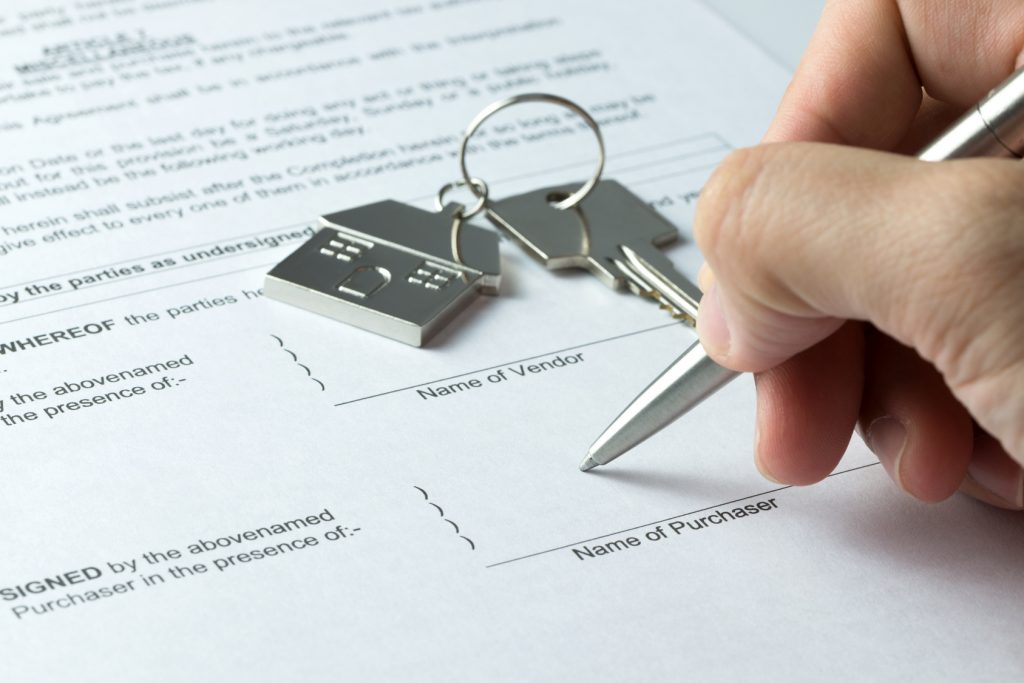
Deciding to file for a divorce is not a choice that should be made on a whim. Divorces are long, messy situations that will require plenty of your time, money, and effort, and they affect more people than just the divorcing spouses. Divorce proceedings are always more complicated and often more painful if there are children involved. If you are considering a divorce, you must thoroughly think this decision through and consider all who will be affected by it before proceeding with the divorce.
Whether it is you or your spouse that has decided to file for divorce, it is important to go into the proceeding with a plan to help keep yourself and your family protected. Securing your current financial situation and future is very important so that you can survive on your own after the divorce has been completed. The following steps will help you plan for a divorce and protect your financial future.
1. Create an Inventory of your Marital Property
You should start by documenting all of your marital property including sources of income, debts, assets, tax information, expenses, employee benefits, and real estate holdings. Make sure you take photos of your possessions including valuables like jewelry, artwork, tools, and others. When taking photos of your valuable possessions, it is very important to be able to substantiate the date in the photos so that you can prove that your items are recent property that do exist. Once you have documented your marital property, keep your photos and inventory list somewhere safe where your spouse will not be able to access it. You can keep it with a trusted friend or family member, at work, or saved electronically to a cloud or drop box.
2. Document your Non-Marital Assets
Once you have identified and documented your marital assets, you must document and separate your non-marital assets. Non-marital assets refer to the property that belongs to one spouse and anything proven to be a non-marital asset cannot be part of the equitable distribution according to the courts. By documenting and proving your non-marital assets, you can avoid losing them to your spouse through equitable distribution. However, you must have the proper paper trail to prove that these assets belong to you and are not marital property.
Non-marital assets may include the following and more:
- Items owned before the marriage
- Gifts given to you specifically
- Inherited property
3. Get your Income and Expenses Under Control
Most married couples have become used to operating their household with the income of two people. When preparing for a divorce, it is very important to have your expenses under control so you can live on just your income. Start paying attention to your monthly expenses and reduce all unnecessary spending to make a monthly budget that works.
When developing your new budget, you must also consider the expenses of a divorce, especially if the proceeding is likely to become contentious. You really need to scrutinize your budget and cut any unnecessary spending so that you have enough money to support yourself and pay for the divorce.
4. Close or Freeze Joint Accounts
It is very common for married couples to have joint bank accounts or credit cards. It is also common for joint accounts to become battlegrounds in the process of divorce. You must freeze or close your joint accounts as soon as you realize that a divorce is taking place. Leaving these accounts open allows your spouse to withdraw the money from a bank account or run up the bill of a joint credit card which could become your responsibility to pay off. Legally you can close joint accounts without the permission of your spouse, but you cannot take certain funds such as inheritances from the account if they legally belong to your spouse. Taking an inheritance from a joint account leaves you open for a lawsuit or even fraud charges.
5. Establish Personal Financial Accounts and Credit History
Once you have closed or frozen your joint accounts, you should open your own personal savings account, checking account, and credit card if you do not have personal accounts already. Your spouse does not have to be aware of any new bank accounts that you have opened. If you do not want your spouse to know about your new accounts, you should use a different bank and set your account up so that statements are delivered electronically. This way you can prevent paper monthly statements from coming to your home and alerting your spouse. If you are more comfortable receiving paper statements, you can create your account with your legal address, but put a different mailing address, like the address of a friend or relative, to receive the paper statements.
There are many cases in which married couples rely on the credit history of one spouse, leaving the other with no established credit after a divorce. Establishing a good credit score is important because you need to have a credit history to obtain a credit card, get a loan for a new car, or get a mortgage on a house. Opening a new checking account and getting a secured credit card are easy ways to start building your credit.
6. Don’t Make Rash Decisions

The most important thing to remember when approaching a divorce is to avoid making rash decisions. Going through a divorce is difficult emotionally and financially, and it is very important to make decisions carefully while holding your emotions aside so you can secure your financial future. You must learn and understand the process of equitable distribution and the difference between marital property and non-marital assets so you can protect what is rightfully yours. It is also important to avoid making large purchases or major financial decisions until after the divorce is finished and you have settled into your post-marriage life.
7. Call a Divorce Attorney
If the decision to get a divorce is final, you will need legal representation to help you through the proceedings and deal with any financial disputes that arise. Our experienced divorce attorneys at Allen Gabe Law, P.C. have years of experience and can help you with all matters in a divorce including property distribution and child custody. We will review your case carefully and work to secure the financial assets that are rightfully yours.
Contact our divorce lawyers at Allen Gabe Law, P.C. by calling (847) 241-5000, Ext 121 to learn more about how we can help.







